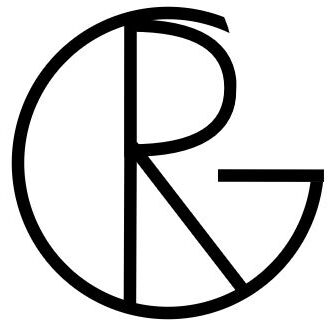If you are at least a bit familiar with different social media platforms, chances are you have heard about the brand SheIn.
The brand
SheIn was established in 2008 by Chris Xu in China. In the early stages of Shein, the brand was seen as a dropshipping company. For those unfamiliar with the term: dropshipping is selling products online without actually having any physical inventory.
The company is known for its incredibly low prices. This is essentially why the brand became so popular. Influencers were showing off mountains of new clothing items that they had bought from the brand for just a fraction of regular retail prices.
The brand introduces many many new designs on its website every day. Interestingly, the brand is not responsible for the design process, or the manufacturing. Shein gets all their products from a market in Guangzhou. This is also the reason why the brand is so cheap: all labor is outsourced.
Although SheIn sounds like just another fast-fashion brand, it is not. In the last 7 years, the brand had more than 100% growth in revenue compared to the previous year. In 2020 alone the brand made 10 billion dollars, and in 2021 this had increased to 30 billion dollars.
SheIn is valued at almost 100 billion dollars, but this is not completely sure because SheIn has no plans to make its value public. If the 100 billion estimates is right, SheIn is worth more than H&M and Zara together.
Controversies
As you might have guessed the brand has found itself involved in many controversies.
This is, while horrible, also not very surprising seeing as SheIn is a fast fashion brand that primarily focuses on revenue, like many other brands.
The first accusations that the brand found itself involved in were health and safety concerns and human right violation. Fast fashion brands are well known for using sweatshops where the working conditions are unsafe and unhealthy, and the workers are severely underpaid.
Researchers have visited the suppliers which SheIn buys its clothing from. They found alarming signs of 75-hour workweeks, and dangerous working environments, with no windows, and no emergency exits.
On its website, the brand claims that it supports fair wages for all. They also claim that they do not make use of forced labor or child labor. However, the brand does not provide any further or in-depth information. While there are many rumors about these claims, allegations have never been proven.
The brand also states in a report that the supply chain of the brand is regularly evaluated and investigated for signs of human trafficking and forced labor. The brand also upholds its own code of conduct.
The problem is that SheIn is very vague in their reports and on their website, and little information is found.
Another accusation that SheIn is well known for is that they steal designs from other smaller labels, and resell them as their own. This is damaging for the smaller brands since they are unable to compete with such a big brand.
Sustainability
According to Good on You, SheIn receives the lowest possible score in their ranking. And not without reason.
SheIn is one of the most polluting brands in the world right now. The brand introduces roughly 1000 new designs on its website every day. All these designs are made of low-quality materials and can be worn a couple of times before they break or tear. The brand is an accelerator for the throw-away culture that exists right now.
Next to this, the clothing contains hazardous materials that are very harmful to one’s health, but also to the environment. Microfibres end up in waterways and landscapes and are eventually ingested by animals.
Moreover, the brand adds to the greenhouse gas emissions through its huge production and transport ways.
There is no evidence that SheIn is working on improving its brand and working with more sustainable materials. It is also not known if they are actively working on reducing their carbon emissions.
SheIn is affordable, however, the price is paid in other ways. In the health and living conditions of the workers and in the health of our planet. It is unsustainable and unethical to support this brand, and I would suggest avoiding this brand at all costs.
Sources:
- https://en.wikipedia.org/wiki/Shein_(company)
- https://fashionmagazine.com/style/shein-violates-labour-laws
- https://www.thelist.com/338018/the-real-reason-shein-clothes-are-so-cheap/
- https://brightly.eco/shein-sustainability/
- https://www.conserve-energy-future.com/is-shein-bad-for-environment
- https://directory.goodonyou.eco/brand/shein






